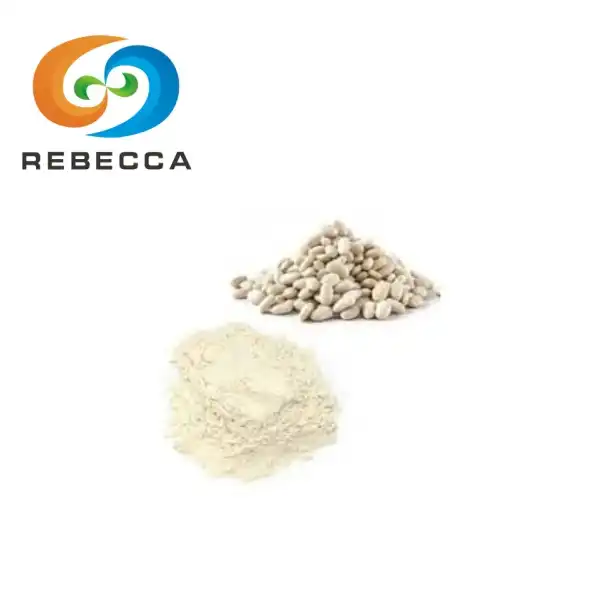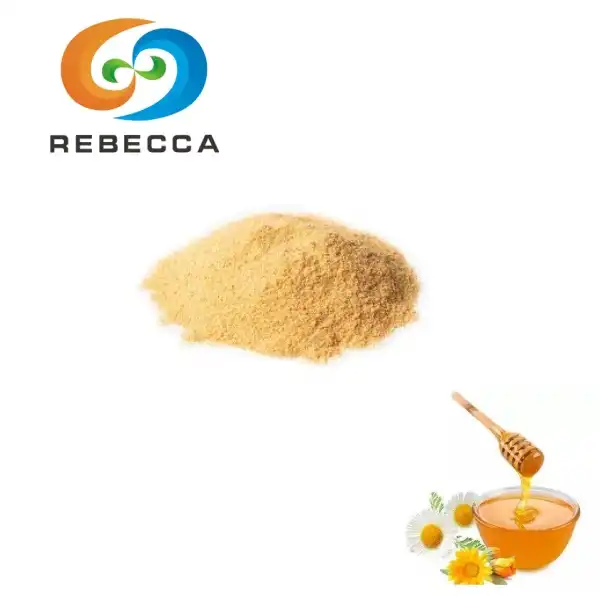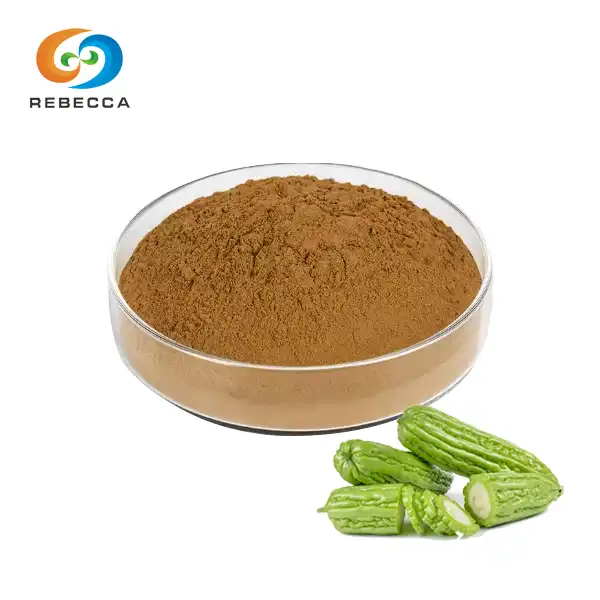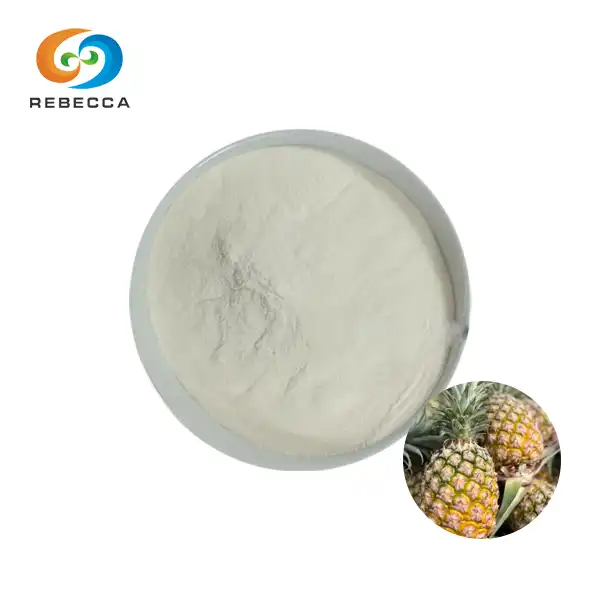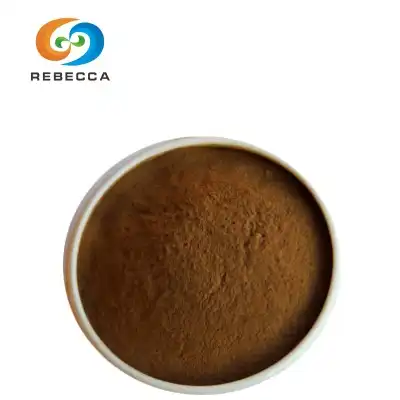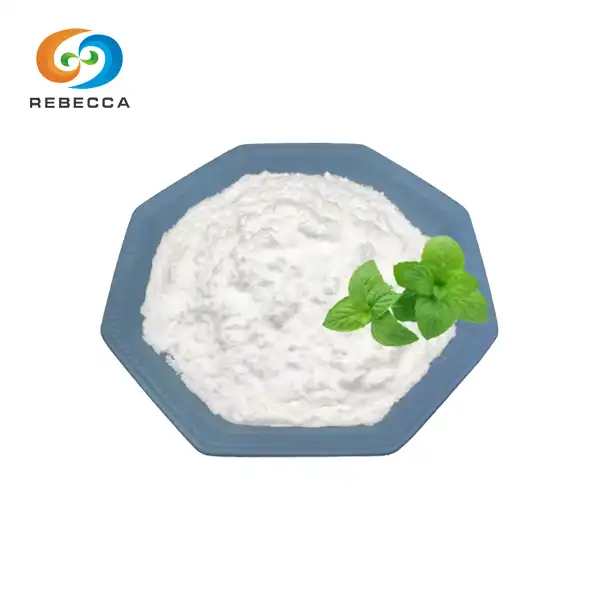Best Pure Creatine Monohydrate: Benefits & Uses
Creatine monohydrate has become a staple supplement for athletes, bodybuilders, and fitness enthusiasts seeking to enhance their performance and muscle growth. Among the various forms available, the best pure creatine monohydrate stands out as the most researched and effective option. This article delves into the benefits, uses, and potential side effects of this popular supplement, providing you with comprehensive information to make an informed decision about incorporating it into your fitness regimen.
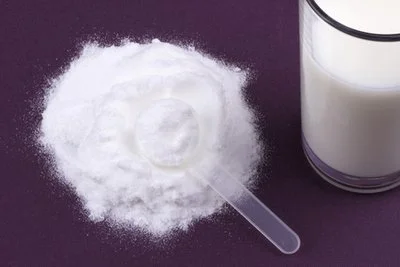
What Is Pure Creatine Monohydrate and How Does It Work?
The best pure creatine monohydrate is a naturally occurring compound found in small amounts in certain foods and synthesized by the human body. It plays a crucial role in energy production within muscle cells, particularly during high-intensity, short-duration activities like weightlifting or sprinting.
The supplement form of creatine monohydrate is a white, odorless powder that consists of a creatine molecule bound to a water molecule. When ingested, it increases the body's phosphocreatine stores, which are used to rapidly regenerate adenosine triphosphate (ATP), the primary energy currency of cells.
This augmentation of the phosphocreatine system allows for improved performance in activities requiring explosive power and strength. Additionally, creatine monohydrate has been shown to enhance muscle hydration, potentially leading to increased muscle volume and improved anabolic signaling.

The Science Behind Creatine's Efficacy
Numerous studies have demonstrated the efficacy of creatine monohydrate in improving athletic performance and muscle growth. Research indicates that creatine supplementation can:
- Increase muscle strength by 5-10% on average
- Enhance power output during high-intensity exercise
- Improve recovery between sets and workouts
- Accelerate muscle growth when combined with resistance training
- Potentially improve cognitive function and neuroprotection
The mechanism of action involves not only the direct energy-providing benefits but also secondary effects such as cell volumization and enhanced protein synthesis. These multifaceted benefits contribute to creatine's status as one of the most effective ergogenic aids available.

Pure Creatine Monohydrate for Strength and Endurance
While creatine is often associated with strength and power sports, its benefits extend to various aspects of physical performance and even endurance activities. Let's explore how pure creatine monohydrate can enhance both strength and endurance capabilities.
Strength Gains and Muscle Growth
One of the primary reasons athletes turn to creatine monohydrate is its well-documented ability to increase muscle strength and size. By enhancing the body's capacity to produce ATP rapidly, creatine allows for more work to be performed during high-intensity training sessions. This increased work capacity can lead to greater muscle fiber recruitment and, subsequently, enhanced muscle hypertrophy.
Studies have shown that individuals supplementing with creatine monohydrate while engaging in resistance training programs experience greater increases in lean body mass and muscle fiber cross-sectional area compared to those using a placebo. This effect is particularly pronounced in the fast-twitch muscle fibers, which are responsible for explosive movements and are most responsive to creatine supplementation.
Endurance Performance Benefits
Although creatine is not typically associated with endurance activities, emerging research suggests it may offer benefits for certain aspects of endurance performance. While it may not directly improve aerobic capacity, creatine can enhance:
- Anaerobic threshold, allowing athletes to maintain higher intensities before fatigue sets in
- Recovery between high-intensity intervals during endurance training
- Glycogen storage, potentially improving energy availability during prolonged exercise
- Thermoregulation, which may be beneficial during endurance events in hot conditions
Optimal Dosing Strategies
To maximize the benefits of pure creatine monohydrate, proper dosing is essential. The most common and effective protocol involves two phases:
- Loading Phase: 20 grams per day, divided into 4-5 doses, for 5-7 days
- Maintenance Phase: 3-5 grams per day
Some individuals may opt for a more gradual approach, skipping the loading phase and taking 3-5 grams daily from the outset. While this method may take longer to fully saturate muscle creatine stores, it can be equally effective in the long term and may reduce the likelihood of minor side effects such as gastrointestinal discomfort.

Are There Any Side Effects of Pure Creatine Monohydrate?
Pure creatine monohydrate is generally considered safe for most individuals when used as directed. However, as with any supplement, there are potential side effects and considerations to be aware of.
Common Side Effects
The most frequently reported side effects of creatine supplementation are relatively mild and often temporary. These may include:
- Water retention and weight gain (typically 2-4 pounds during the loading phase)
- Gastrointestinal discomfort, such as bloating or cramping
- Muscle cramping (although research is mixed on this effect)
These side effects are often mitigated by ensuring proper hydration and gradually introducing creatine into one's regimen. The water retention associated with creatine use is generally considered beneficial for muscle function and does not represent fat gain.
Safety Considerations
Despite concerns raised in the media, extensive research has shown that creatine monohydrate does not pose significant health risks for most people. Studies examining long-term creatine use have not found evidence of:
- Kidney damage in individuals with healthy renal function
- Liver toxicity
- Increased risk of muscle strains or tears
- Dehydration when proper fluid intake is maintained
However, individuals with pre-existing kidney conditions or those at risk for renal issues should consult with a healthcare provider before using creatine supplements. Additionally, those with a history of compartment syndrome may need to exercise caution due to the potential for increased muscle water retention.
Quality and Purity Concerns
When selecting a creatine monohydrate supplement, it's crucial to choose a high-quality, pure product. Look for supplements that are:
- Third-party tested for purity and potency
- Free from unnecessary additives or fillers
- Produced by reputable manufacturers adhering to Good Manufacturing Practices (GMP)
Opting for micronized creatine monohydrate can improve mixability and potentially reduce gastrointestinal side effects. However, the efficacy of the product remains the same as non-micronized versions.

Conclusion
Pure creatine monohydrate stands as one of the most thoroughly researched and effective supplements available for enhancing athletic performance and muscle growth. Its ability to increase strength, power output, and muscle mass, coupled with potential benefits for endurance and cognitive function, makes it a versatile aid for a wide range of athletes and fitness enthusiasts.
While generally safe, it's important to use creatine monohydrate responsibly, following recommended dosing guidelines and staying adequately hydrated. As with any supplement regimen, consulting with a healthcare professional or a qualified nutritionist can help ensure that creatine use aligns with your individual health status and fitness goals.
For those seeking high-quality, the best pure creatine monohydrate or other natural supplements to support their fitness journey, Shaanxi Rebecca Biotechnology Co., Ltd. offers a range of premium products backed by rigorous quality control and advanced manufacturing processes. To learn more about our offerings or to discuss your specific needs, please contact us at information@sxrebecca.com.
References
1. Kreider, R. B., et al. (2017). International Society of Sports Nutrition position stand: safety and efficacy of creatine supplementation in exercise, sport, and medicine. Journal of the International Society of Sports Nutrition, 14, 18.
2. Buford, T. W., et al. (2007). International Society of Sports Nutrition position stand: creatine supplementation and exercise. Journal of the International Society of Sports Nutrition, 4, 6.
3. Cooper, R., et al. (2012). Creatine supplementation with specific view to exercise/sports performance: an update. Journal of the International Society of Sports Nutrition, 9, 33.
4. Rawson, E. S., & Volek, J. S. (2003). Effects of creatine supplementation and resistance training on muscle strength and weightlifting performance. Journal of Strength and Conditioning Research, 17(4), 822-831.
5. Gualano, B., et al. (2012). Creatine supplementation in the aging population: effects on skeletal muscle, bone and brain. Amino Acids, 42(4), 1349-1362.
_1730691017423.webp)










